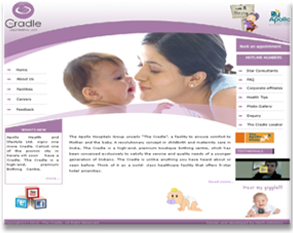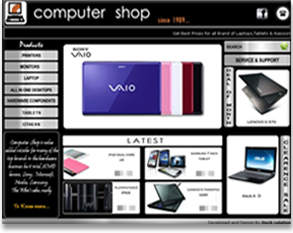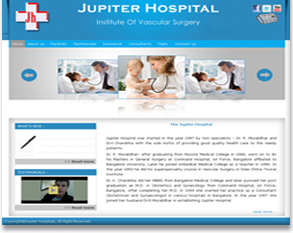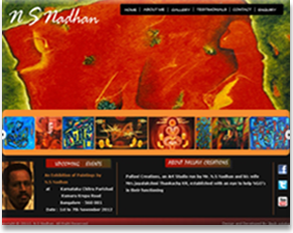Content Management System
A content management system (CMS) is a computer program that allows publishing, editing and modifying content as well as maintenance from a central interface. Such systems of content management provide procedures to manage workflow in a collaborative environment. These procedures can be manual steps or an automated cascade.
The first content management system (CMS) was announced at the end of 1990s. This CMS was designed to simplify the complex task of writing numerous versions of code and to make the website development process more flexible. CMS platforms allow users to centralize data editing, publishing and modification on a single back-end interface.
Main features:
The core function of content management systems is to present information on web sites. CMS features vary widely from system to system. Simple systems showcase a handful of features, while other releases, notably enterprise systems, offer more complex and powerful functions. Most CMS include Web-based publishing, format management, revision control (version control), indexing, search, and retrieval. The CMS increments the version number when new updates are added to an already-existing file. A CMS may serve as a central repository containing documents, movies, pictures, phone numbers, and scientific data. CMSs can be used for storing, controlling, revising, semantically enriching and publishing documentation.
Web content management system:
A web content management system (web CMS) is a bundled or stand-alone application to create, manage, store and deploy content on Web pages. Web content includes text and embedded graphics, photos, video, audio, and code (e.g., for applications) that displays content or interacts with the user. A web CMS may catalog and index content, select or assemble content at runtime, or deliver content to specific visitors in a requested way, such as other languages. Web CMSs usually allow client control over HTML-based content, files, documents, and web hosting plans based on the system depth and the niche it serves.
Enterprise content management systems:
An enterprise content management system (ECM) organizes documents, contacts and records related to the processes of a commercial organization. It structures the enterprise's information content and file formats, manages locations, streamlines access by eliminating bottlenecks and optimizes security and integrity.
Distinguishing between the basic concepts of user and content, the content management system (CMS) has two elements:
- Content management application (CMA) is the front-end user interface that allows a user, even with limited expertise, to add, modify and remove content from a Web site without the intervention of a Webmaster.
- Content delivery application (CDA) compiles that information and updates the Web site.
























